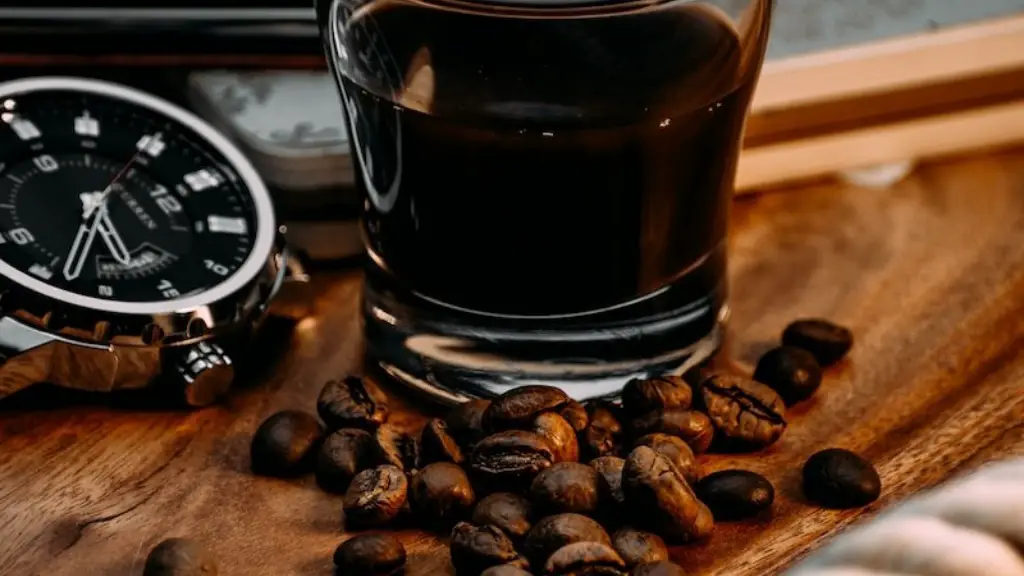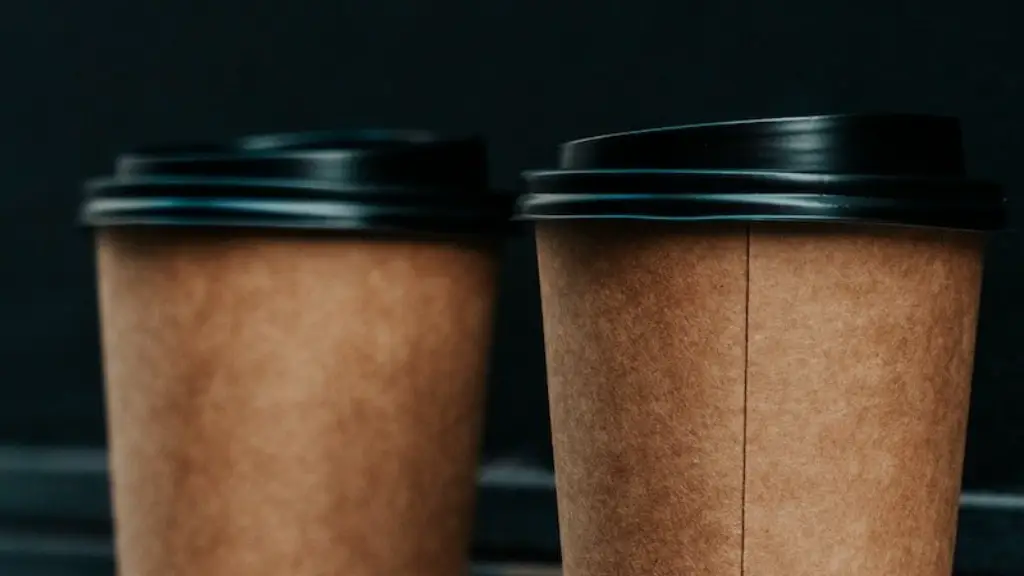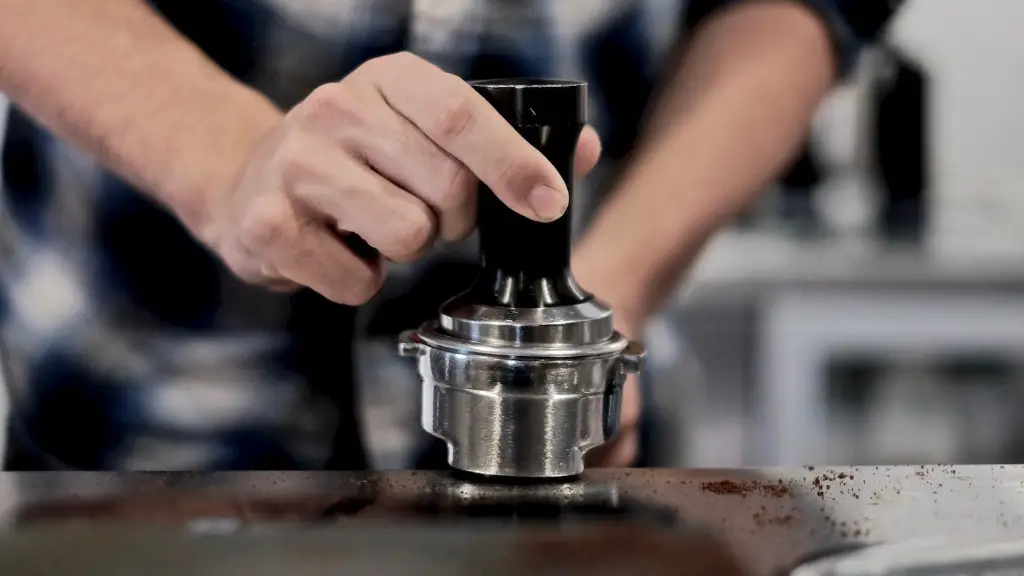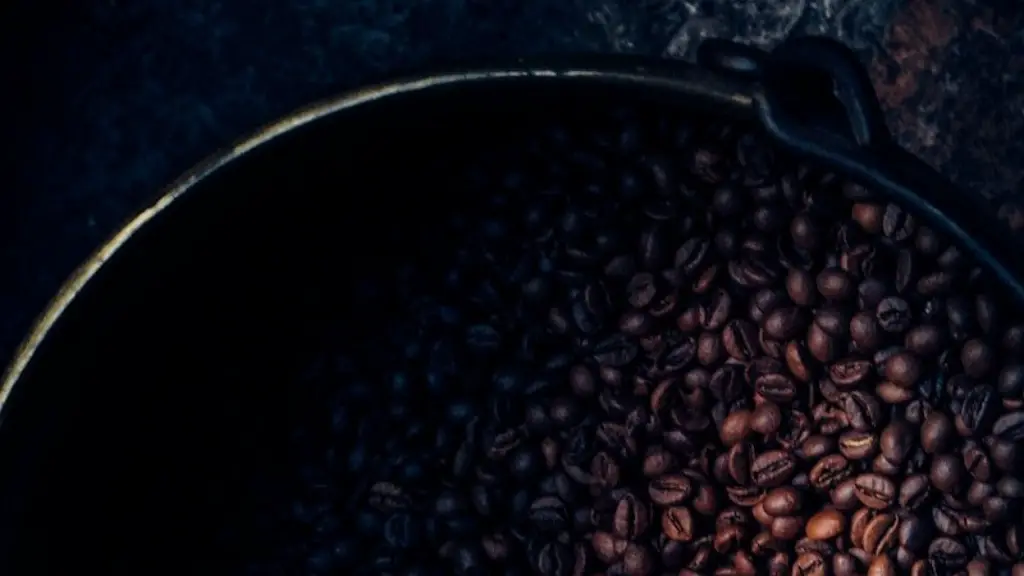Can I drink coffee during Juice Cleanse? Drinking coffee while on a juice cleanse is usually not recommended, as it not only disrupts the program but also defeats the major purpose of juice cleansing. The main reason juice cleansing may be discouraged is because coffee contains caffeine and sugar, both of which can increase hunger and cravings even more. A juice cleanse is an intensive nutritional approach for detoxification and rejuvenation of the body. It requires deprived people from eating and drinking any solid or liquid foods. During a cleanse, only raw and nutrient-rich juices are allowed. This method of detoxification and nourishment is known to be a healthy practice for numerous people.
Coffee can interfere with the body’s ability to absorb and synthesize vitamins and minerals from the raw juices. The caffeine in coffee causes constriction of the blood vessels, making it especially difficult for the body to absorb vital nutrients from the juice cleanse. It may also cause dehydration, which further reduces the body’s ability to metabolize the nutrients. In addition to this, caffeine can disrupt sleep patterns, which are necessary for the body’s detoxification process.
Coffee can also affect the body’s ability to digest the juices and therefore reduce any potential benefits. Caffeine can increase the release of stress hormones, adrenaline, and cortisol which can interfere with the digestion process. This can cause uncomfortable and potentially harmful side effects such as diarrhea or indigestion. Overall, caffeine can undermine the therapeutic benefits of the juice cleanse, so it is important to avoid it.
However, it is important to consider that not everyone will necessarily experience the same effects from drinking coffee during a juice cleanse. Some people may find that it does not affect their body negatively. Therefore, it is best to consult a doctor or nutritionist if you are considering drinking coffee during a juice cleanse. They can provide personalized advice based on your individual health and lifestyle.
Other Beverages During Juice Cleanses
Although coffee is not recommended, other beverages including tea, and herbal teas are allowed. If you are looking for an energy boost and are avoiding coffee, green tea, matcha, and other herbal teas can provide the same effect. Green tea and other herbal teas contain low amounts of caffeine but are still beneficial for increasing energy and alertness. Other beverage drinks to consider include water, juices, and detox juices.
Water is essential for a healthy juice cleanse and should be taken every hour. It is also beneficial for flushing toxins from the body and helping the organs to function properly. And while juice and detox drinks can provide nutritional value to the juice cleanse, they do not provide much energy and may have high sugar or calorie contents.
Risks of Drinking Coffee on a Juice Cleanse
Drinking coffee during a juice cleanse can present certain health risks that should be taken into consideration. The risks of dehydration and nutrient deficiency can cause fatigue, insomnia, headaches, anxiety, and digestive problems. These problems can make it difficult to complete the juice cleanse, ultimately compromising the potential health benefits.
Consuming caffeine can also increase heart rate, blood pressure, and can make you irritable. In some cases, the body can become insenstive to the effects of caffeine and thus require more of it to achieve a similar effect. This can become a form of addiction and is a dangerous practice.
Benefits of Abstaining from Coffee During Juice Cleanses
There are many benefits to avoiding coffee during a juice cleanse. Abstaining from coffee can help to reduce cravings for it and other forms of stimulants. This can help people focus on the therapeutic effects of the juice cleanse rather than craving caffeinated drinks to help them get through the day. In addition, avoiding caffeine consumption can help reduce the risk of dehydration, nutrient deficiency and other health issues.
Not consuming coffee during a juice cleanse can also help to improve quality of sleep. Caffeine can interfere with the quality of sleep and can cause insomnia and other sleep disturbances. Therefore, abstaining can help people feel more energized throughout the day and also reduce fatigue that often accompanies a juice cleanse.
Tips to Maximizing Benefits of Juice Cleanses
In order to maximize the benefits of a juice cleanse and reduce any potential health risks, it is important to drink ample amounts of water throughout the program. Water helps to flush the system and is a great source of hydration. It can also help to reduce hunger pains and cravings for unhealthy beverages and foods.
It is also important to try to drink raw, nutrient-dense juices that are as natural as possible. These juices will provide the body with essential nutrients and vitamins, which can help to support the body’s detoxification process. Additionally, it is important to move your body during a cleanse by engaging in activities such as light exercise.
Effects of Stress During Juice Cleanses
It is also important to consider the effects of stress during a juice cleanse. Stress can have a detrimental effect on the body’s detoxification and rejuvenation process. Therefore, it is important to find ways to reduce stress levels while participating in a juice cleanse. Finding healthy ways to cope with stress such as yoga, meditation, and breathing exercises can help to reduce its effects.
In addition, it is important to practice mindful eating when participating in a juice cleanse. Eating mindfully can help to reduce stress levels and help the body to better digest and assimilate the juice. Eating slowly, chewing thoroughly, and paying attention to how food makes you feel can be beneficial for your health during a juice cleanse.
Tips for a Successful Juice Cleanse
Finally, it is important to plan for success when going on a juice cleanse. Planning ahead and preparing your juices beforehand can help to ensure you stay on track with the program. It can also prevent the temptation to drink coffee or other unhealthy beverages. Additionally, it is beneficial to set realistic goals and intentions prior to the cleanse and to be patient with the process.
It may also be beneficial to have a buddy or a health coach to support and guide you during your journey. Having someone to answer questions and provide encouragement and motivation can help to make sure you stay on track and achieve the desired outcomes of the cleanse.
Conclusion
In conclusion, drinking coffee on a juice cleanse is not recommended as it can disrupt the program and cause numerous health concerns. However, alternatives such as green tea are allowed and can help reduce cravings for coffee. In order to maximize the potential benefits of juice cleansing, it is important to drink water, practice mindful eating, reduce stress, and plan ahead. Additionally, it may be beneficial to have a health coach or buddy to support one throughout the process.




